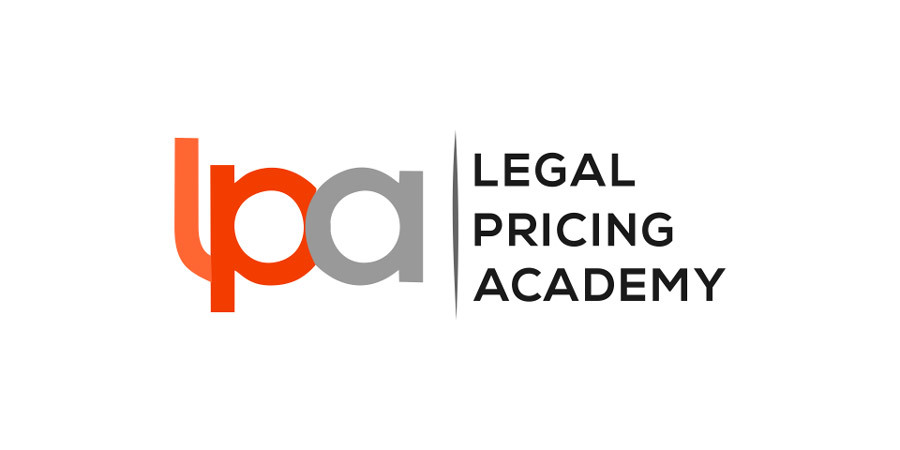Traditionally, partners at law firms have held the reins when it comes to pricing autonomy, being vested with the authority to negotiate prices, extend discounts, and write-off billable hours. This long-standing practice stems from the principle that partners, with their proximity to clients and intimate knowledge of their needs, are best equipped to make client-specific pricing decisions. However, our data suggests that firms can enhance profitability by moderating partner pricing discretion and instituting a systematic pricing governance framework.

From a superficial standpoint, the concept of curtailing partner pricing autonomy might seem paradoxical. This perspective takes root in the understanding that while partners are experts in their respective legal domains, they might not necessarily be proficient at formulating pricing strategies that optimise firm profitability. Partner decisions are often influenced by variables such as securing new clients, mollifying existing ones, or meeting personal billable hour targets. These decisions, while individually justifiable, might not align seamlessly with the broader financial aspirations of the firm.
On the other hand, pricing governance introduces a uniform, company-wide methodology to pricing decisions. This includes meticulous pricing policies, an explicit approval hierarchy for discounts and write-offs, and a rigorous system for monitoring pricing performance. Such systematic mechanisms ensure that pricing decisions are not disjointed but are in alignment with the firm's strategic goals and its market positioning.
In practical terms, these protocols draw various management levels into pricing decisions, thus ensuring a diversity of perspectives, and encouraging consistency. They also involve an in-depth analysis of factors such as client payment habits, the profitability of different practice areas, and market competitiveness, leading to more informed pricing decisions. The outcome is a strategic, data-driven approach to pricing, which significantly reduces the risk of under-pricing or unmerited discounting.
In firms where partner pricing discretion is moderated, reliance on data and analytics becomes imperative. Analytics can provide valuable insights into client behaviour, indicating which clients are more responsive to price fluctuations, which ones pay their dues promptly, and which ones are typically more profitable. With this information, law firms can make strategic pricing decisions that align with their profitability objectives.
Another key aspect of pricing governance is its focus on enhancing realisation rates. Exorbitant write-off levels can severely dilute a firm’s profitability. Often, these write-offs stem from pricing decisions made without adequate consideration of the actual cost of the work and/or a failure to keep clients informed in a timely manner of scope and pricing changes though the life of a matter. Through rigorous approval processes for write-offs and stricter controls on discounting, firms can boost realization rates and thereby elevate profitability.
Yet, implementing a pricing governance structure is not merely about controlling pricing decisions. It’s about nurturing a pricing-conscious culture within the firm. This involves enlightening partners and other lawyers about the significance of pricing strategy, the tenets of value-based pricing, and their role in enhancing profitability.
It's vital to remember that law firms often embody a very collegial culture, where partners generally resist being micro-managed. A nuanced implementation of pricing governance respects this culture. It does not eliminate partner input but rather refines it, balancing autonomy with accountability. Such an approach can mitigate the resistance that might arise due to perceived micro-management.
The relationship between law firm profitability and partner pricing autonomy is complex. While partners' insight into their clients and practice areas is invaluable, a more structured approach to pricing can lead to enhanced profitability. Law firms that adopt robust pricing governance protocols, utilise data analytics, improve realisation rates, and cultivate a firm-wide pricing culture are more likely to witness a positive impact on their profitability.
In summary, law firms should reconsider traditional pricing practices. Embracing a strategic pricing approach that harmonises with firm profitability goals doesn’t devalue the role of partners. Rather, it ensures that their expertise is utilised optimally for the collective benefit of the firm. When pricing discretion is regulated through informed, strategic protocols, law firms are better poised to navigate the complexities of the modern legal landscape, thereby maximising profitability while preserving the collegial culture that is intrinsic to their operations.
Richard Burcher, Chairman, Validatum® & Virtual Pricing Director®

